Remember when soy milk was THE alternative to cow’s milk? Rice milk was out there too, but soy milk was the king of plant milks.
Then it all changed and suddenly soy milk was bad for you. People switched in droves to almond milk and coconut milk.
I was one of them.
But after a few years of enjoying almond milk on my cereal and in my recipes, I’ve switched most of my plant-milk consumption back to organic soy milk.
Here’s why soy milk is back in my fridge, and why you might consider switching back to soy milk too.
Why Soy Milk Got a Bad Rap
So why did soy milk get such a bad rap, causing people to abandon it?
Here’s what happened.
Soy contains a class of phytoestrogens called isoflavones.

Soy Isoflavones
These plant-derived compounds have estrogenic effects in the body.
Estrogen plays a crucial role in about 95% of breast cancers.
Because East Asian women have the lowest breast cancer mortality rates, studies were conducted to determine if soy foods were protective.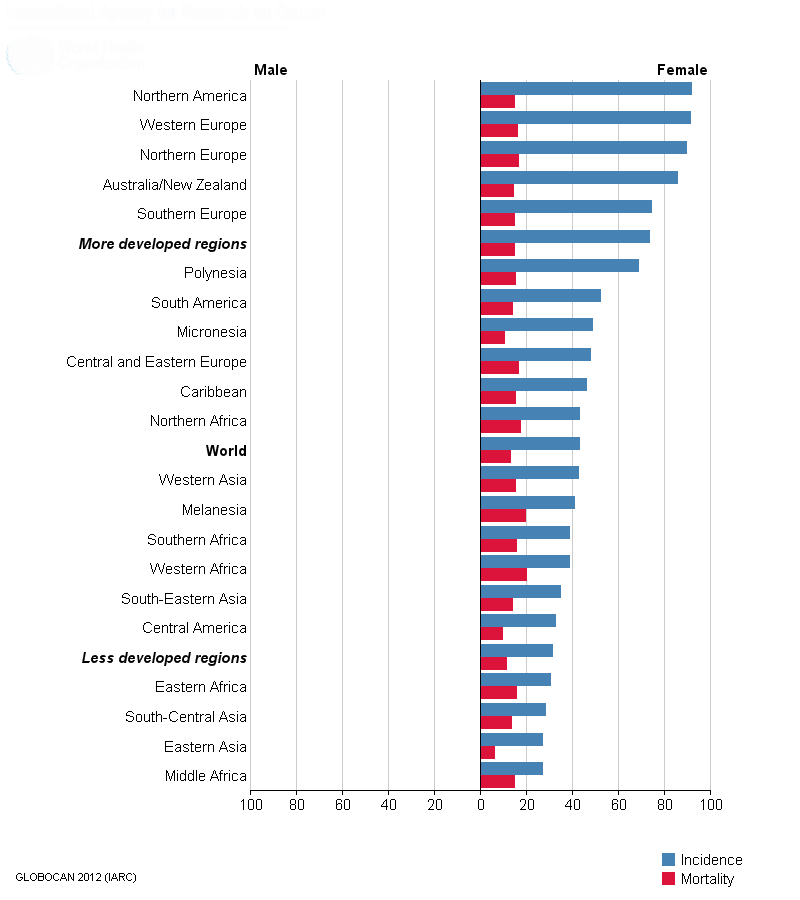
While some studies did conclude that whole soy food consumption was associated with lower rates of breast cancer, a rodent study stole the show.
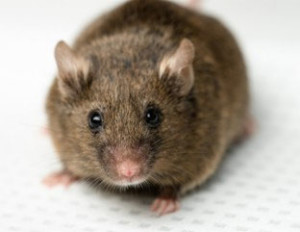
(c) National Cancer Institute
Research on mice suggested that isoflavones actually increased the grown of estrogen like breast cancer cells. This research was heavily publicized. Women at risk with ER+ breast cancer were warned away from soy. Women wanting to protect themselves from breast cancer also moved away from soy milk and other whole soy foods.
Well, we’re not mice. Turns out it was a false alarm.
What Current Research Says
Recent studies show soy phytoestrogens don’t behave the same way in the human body as in rodents. Humans metabolize them differently.
While soy may increase some types of cancer in mice, moderate soy consumption is associated with reduced rates of breast, endometrial, colon and and prostate cancer in people.
There are two types of estrogen receptors in the body, alpha and beta. These receptors function differently, and sometimes in opposite ways.
This is how soy phytoestrogens can be both pro-estrogenic, reducing hot flashes and protecting bones, and anti-estrogenic, protecting against breast and endometrial cancers.
In the breast, soy phytoestrogens attach to the beta receptors inhibiting the growth promoting effects of estrogen, even at low levels.
- Soy phytoestrogens block the binding of estrogen to breast cancer cells, inhibiting their growth.
- Soy phytoestrogens prevent cancer cells from making their own estrogen for growth.
- Soy phytoestrogens even “turn on” tumor suppressing BRCA genes that are mutated in some individuals (like Angelina Jolie.)
Study after study after study supports whole soy foods, like soy milk, tofu, edamame, and tempeh, to be cancer protective.
- In one study, women in Texas were given soy milk to drink with their meals for a month. It cut their circulating estrogen levels in half, reducing their risk of breast cancer. The effects lasted a month or two even after they stopped drinking it.
- A 2012 review of 3 prospective studies on soy consumption and breast cancer concluded that that breast cancer survivors that consume soy foods lower their cancer recurrence risk by 36%.
- Five out of 5 studies pooling results on 11,000 women with breast cancer showed that soy consumption was associated with a longer lifespan and reduced breast cancer recurrence of all types in women of all ages.
Why Soy Milk Is My First Choice
There is nothing wrong with almond milk, and I still prefer it if I am making a smoothie with berries, or if I have berries in my cereal, as soy milk may block phytonutrient absorption from berries.
But I have switched much of my plant-milk consumption back to plain unsweetened organic soy milk for some good reasons.
More Protein – A cup of organic (non-GMO) unsweetened soy milk contains 7 grams of protein. The equivalent serving of unsweetened almond milk contains only 1 gram of protein. Soy milk in my cereal or in my recipes helps me get the plant protein I need each day, and keeps me fuller longer.
Cancer Protection – Whole soy foods like soy milk and tofu are associated with breast, endometrial and colon cancer protection. Almond milk can’t make that claim.
Misinformation about whole soy foods, including soy milk, continue to be circulated on the internet. If you see a post about the “dangers of soy milk,” know that the writer is just recirculating incorrect or old information.
NOTE: The Mayo Clinic advises the following for individuals taking medication for hypothyroidism: “Generally, it’s best to wait four hours after taking thyroid medication to consume any products that contain soy.”

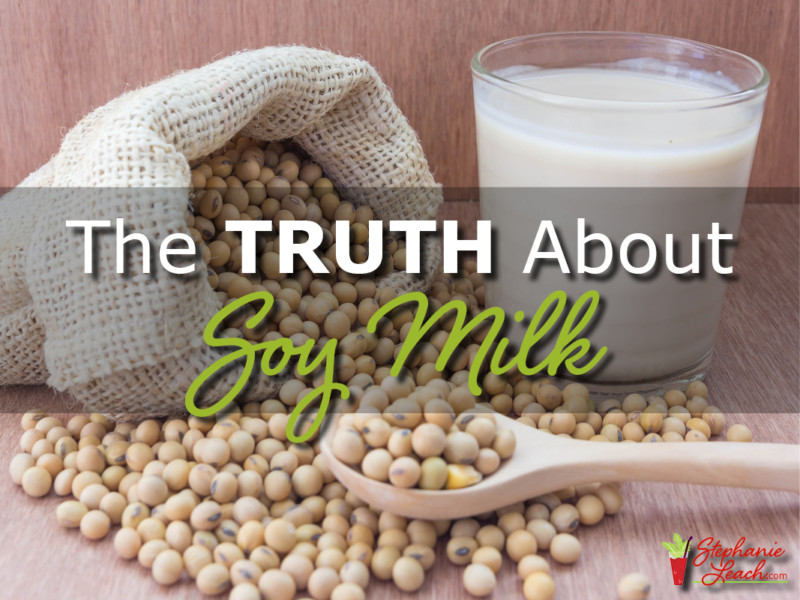


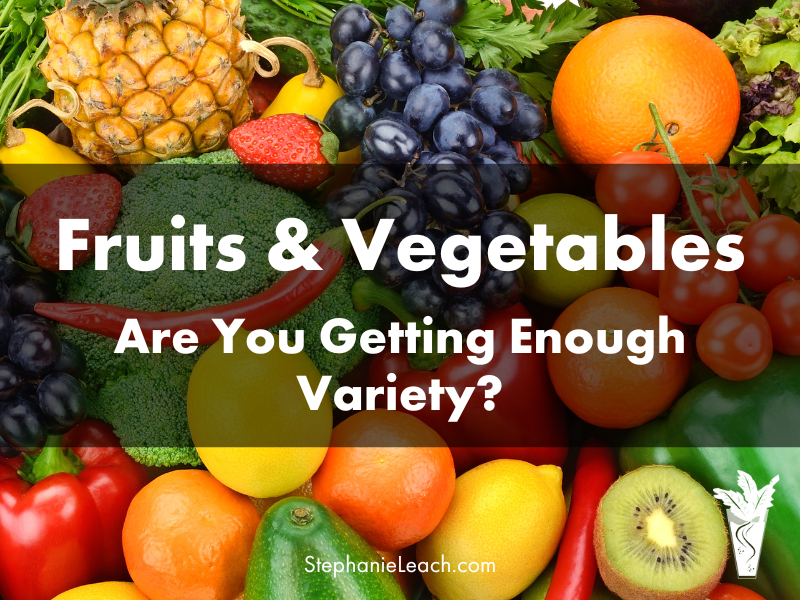
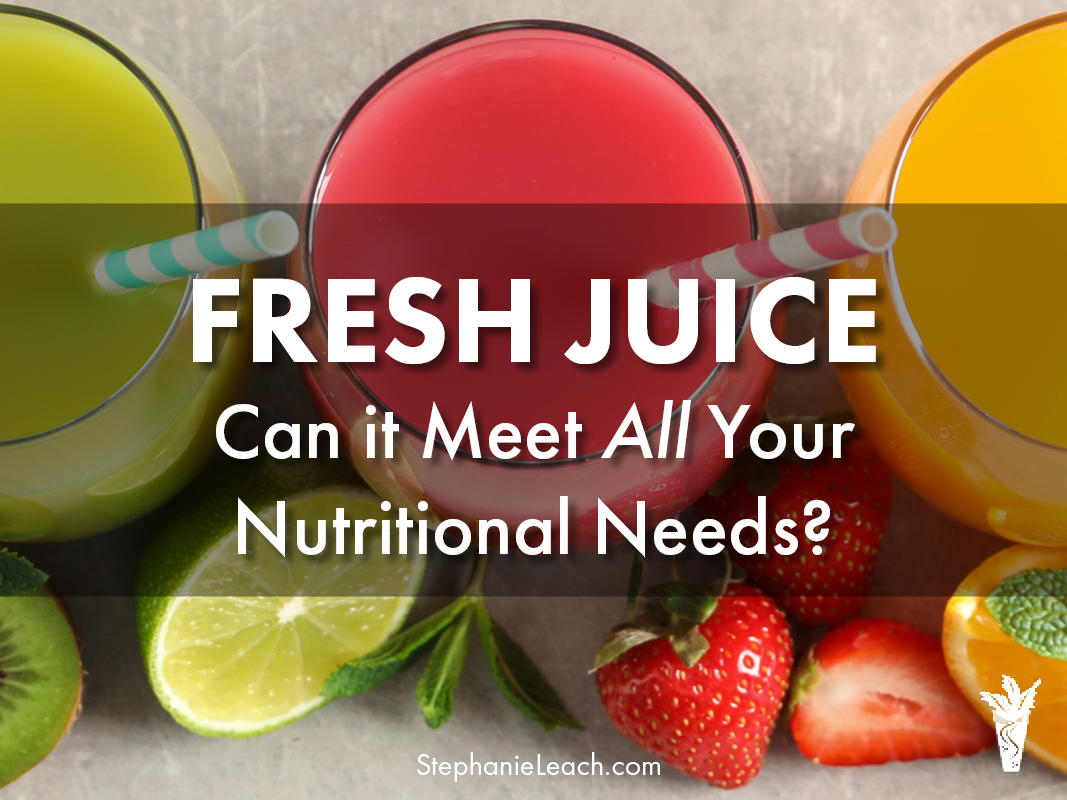
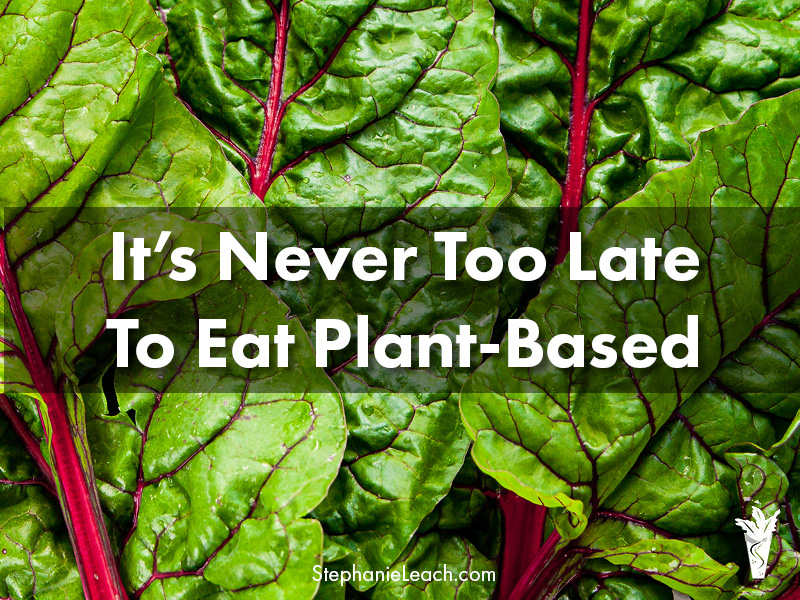


Leave A Comment